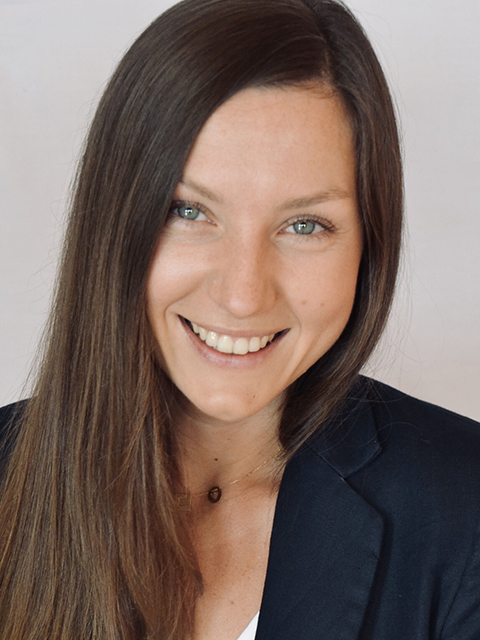Iwona was a Research Associate on the Modern Energy Cooking Services (MECS) Programme where she led research on the humanitarian energy work stream. Prior to joining Loughborough University, she was a Research Associate at University College London where she worked on a UKRI-ESRC funded project on resilient recovery of displaced communities in Palu, Central Sulawesi, Indonesia, and a Research Consultant at Chatham House where she worked closely with partners at the Global Plan of Action (GPA) for Sustainable Energy Solutions in Situations of Displacement on the harmonisation of humanitarian energy access indicators.
Iwona completed her PhD at University College London (UCL) on energy access through decentralised solutions with a focus on off-grid solar energy in Rwanda. She then went on to head the research department at Bboxx- a provider of off-grid energy systems in Sub-Saharan Africa and South-East Asia. Having worked at NGOs in Madagascar and Ecuador, and at Engineers without Borders UK where she managed energy access and water, sanitation and hygiene (WASH) programmes globally, she brings a diverse experience cutting across non-profit, private and policy sectors, and academia.
With a mixed background in sociology, anthropology, development planning and engineering, Iwona’s key research interests are in energy access with a particular focus on access to clean cooking and electricity in settings of displacement, including urban and encamped refugees and internally displaced populations. Her expertise is in off-grid, decentralised energy solutions and technological innovation to support the rollout of clean, modern energy access solutions. Heavily user-centric, her research has impacted the design of rural energy access strategies in East Africa and the design of off-grid solar products and business models across Sub-Saharan Africa and South-East Asia.
Iwona is also interested in the food-energy-water nexus, gender dimensions of infrastructure provision and resilience building through infrastructure in vulnerable rural and urban contexts. In her time at University College London, she worked on a collaborative ESRC-funded research project with the University of Westminster and the University of KwaZulu-Natal on community-led informal settlement upgrading in Durban, South Africa; and on a UKRI-EPSRC funded project on resilient recovery of earthquake and tsunami affected communities in Palu, Central Sulawesi, alongside civil and geomatic engineers, psychologists and social scientists at NGO and academic partners in Indonesia.
